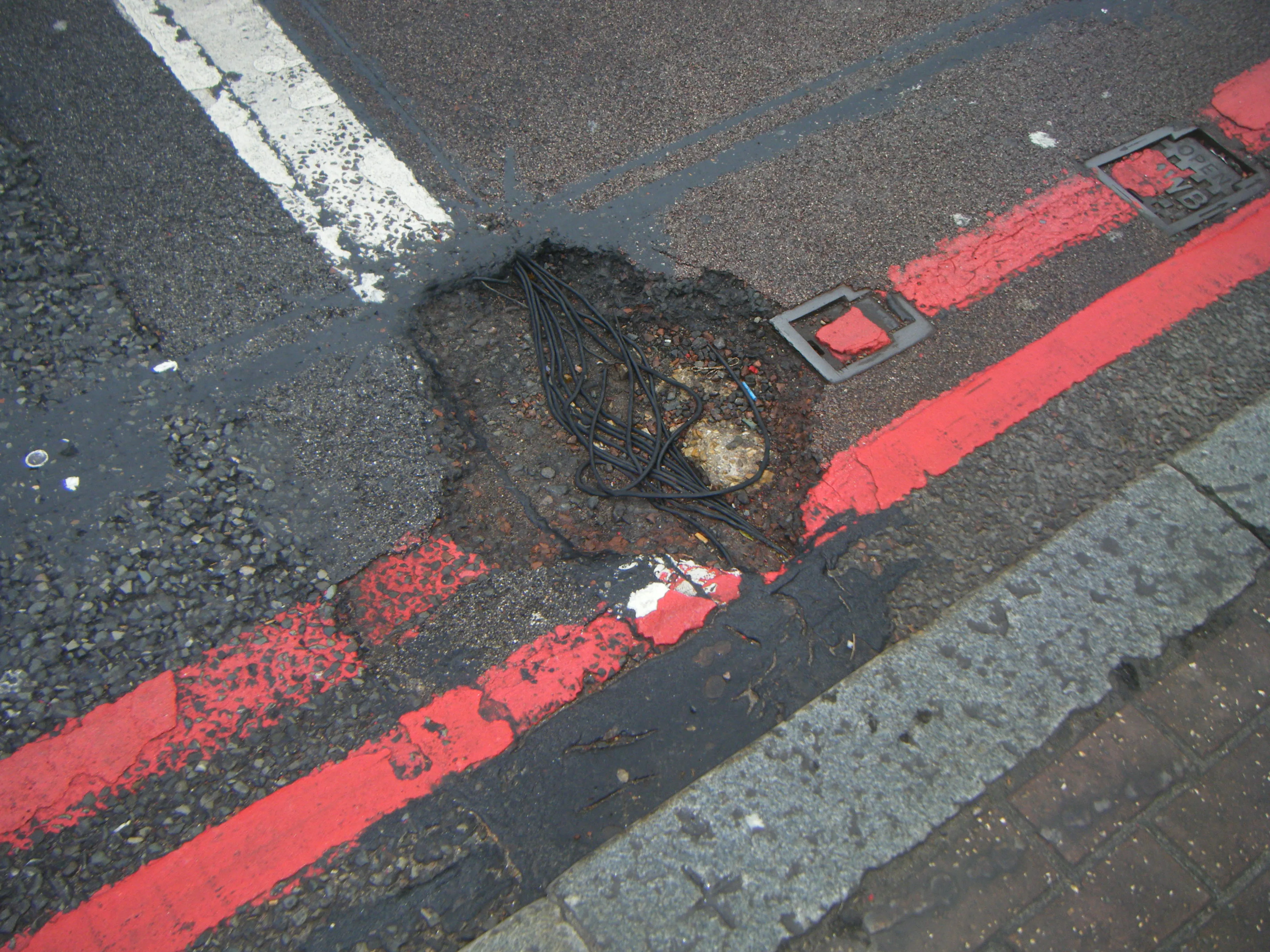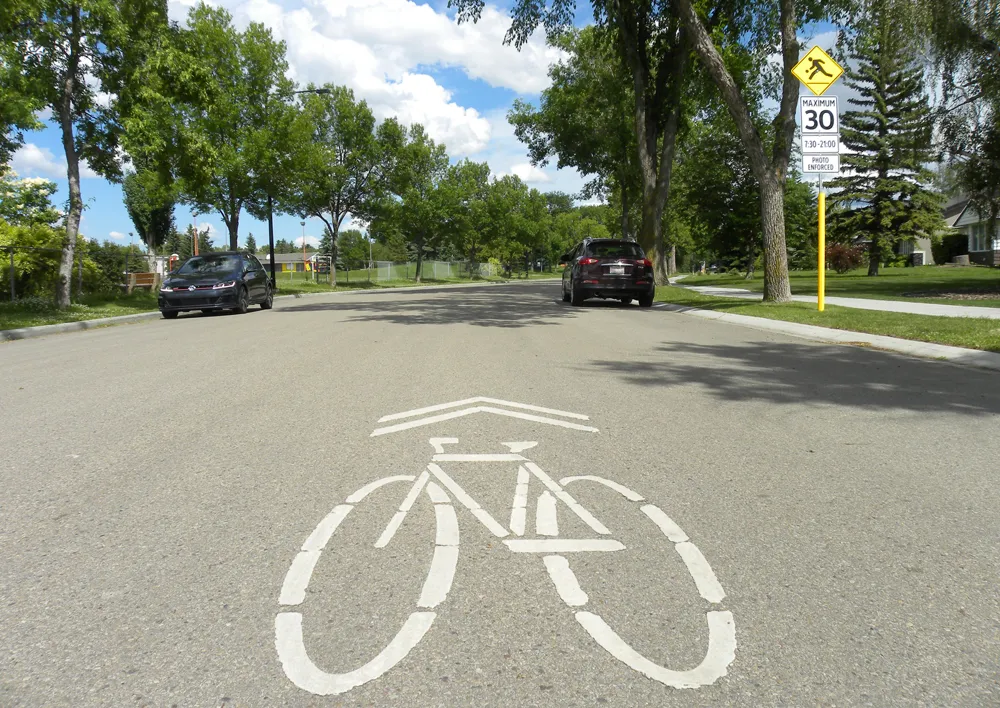
Around €125 million will be shared out, with the south-west county of Devon getting the lion’s share – nearly €5.2 million.
The funding is in addition to €86 million Pothole Action Fund and the almost €7 billion set aside for improving local roads across the entire UK.
The BBC reported that the government has also earmarked another €1 million would with council trials that want to trial new technology to collect data on road conditions in an attempt to identify highways at greatest risk of potholes.
The city of York started a pilot programme last winter using an electric bicycle fitted with a camera to detect potholes and other faults in cycle lanes and tracks.
The Yorkshire Post newspaper reported that York was the first in UK to become involved in the pothole spotter trial.
High-definition cameras have also been fitted on a bus, a van and a dustbin truck in York to collect data that is helping the city council fill potholes and plan resurfacing works to help prevent such road defects developing.
The announcement of extra government money for pothole repairs comes after an annual report was published last month, claiming that more than 3,900km of roads in England and Wales will need essential maintenance within the next year.
According to the annual ALARM survey, cash-strapped local governments are reporting a gap between the funds they received and the amount they needed for repairs and maintenance was almost €639 million. This equated to an average shortfall of €3.75 million for every authority.
It would take 14 years to get local roads back into a reasonable steady state, but only if adequate funds and resources were available, notes the 23rd edition of the ALARM (Annual Local Authority Road Maintenance) Survey, produced by the
Since 2015, when the number of potholes filled reached record levels, almost 2.7 million, the number filled each year has been steadily declining. This trend continues, notes the report. “This is a positive move as it may reflect a shift towards more efficient whole-life asset management.”
The decrease by region is reported as: 14% in England; 21% in London and
7% in Wales. Nevertheless, potholes are symptomatic of poorly maintained roads and potential underlying structural issues.
At 1.5 million, the total number filled is equivalent to one pothole being repaired every 21 seconds in England and Wales.







